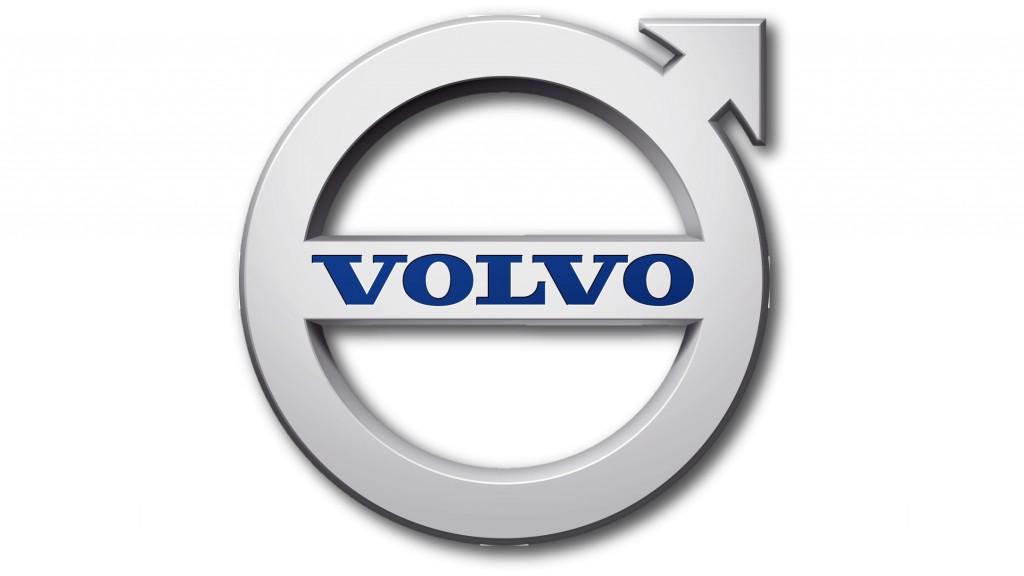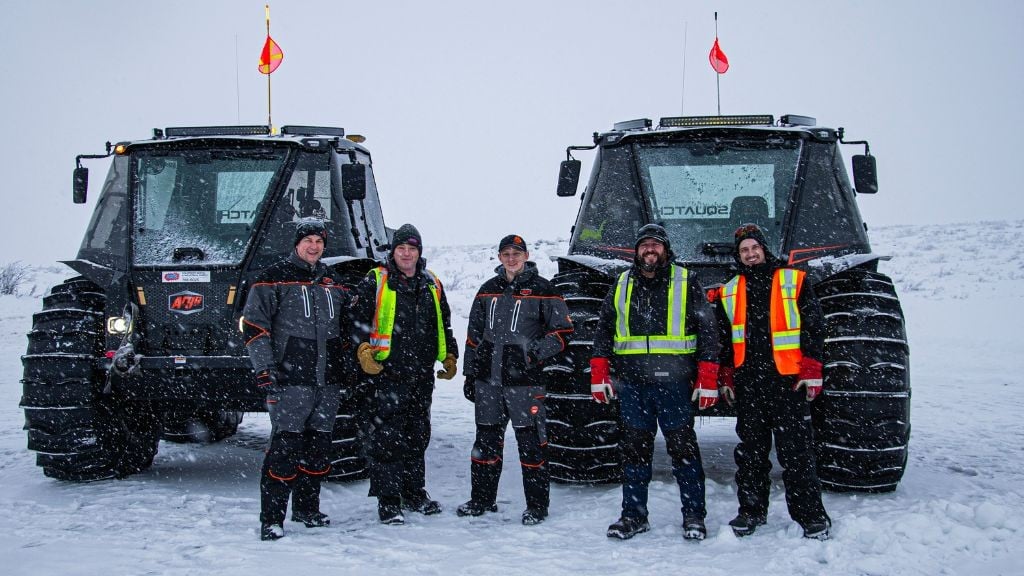
Volvo Construction Equipment ended 2018 strongly, the company says that it not only posted its best set of annual financial results ever, but also helped parent company the Volvo Group achieve record results. Growth in both machine and service businesses, and increased demand from construction, infrastructure and mining in all major markets, helped Volvo CE deliver strong improvements in sales, operating income and order intake.
In Q4 2018, net sales increased by 21 percent to SEK 20,323 M (16,730). Operating income rose by 19 percent and amounted to SEK 2,157 M (1,820), corresponding to an operating margin of 10.6 percent (10.9). Earnings were positively impacted by higher sales, which were partially offset by higher production costs and selling expenses.
For the full year net sales increased by 27 percent, to SEK 84,238 M (66,313). Adjusted operating income increased to SEK 11,306 M (7,917), corresponding to an operating margin of 13.4 percent (11.9).
Market conditions
Demand in Europe improved during the fourth quarter, and was up 12 percent by the end of November, helped by strong growth in Russia, and moderate growth in the UK, France, Italy and Germany. North America was up by 16 percent over the same period in 2017, helped by greater demand for excavators (compact excavators up 10 percent, larger excavators up 23 percent), while South America saw a gain of 20 percent, up from low levels in Q4 2017 and driven mostly from growth in Brazil. Excluding China, Asian markets were up 11 percent compared to last year, boosted by an improving India. The Chinese market itself was strongly up, growing by 35 percent above 2017, driven by greater demand for excavators (compact and general purpose) and wheel loaders.
Orders and deliveries
During the fourth quarter of 2018 Volvo CE saw net order intake increase by 9 percent, largely driven by strong demand for SDLG branded machines in China. Order intake in Europe increased by 2 percent compared to the same period in 2017. In North America order intake declined by 24 percent, due to lower orders on medium and large machines after strong demand in Q3 and a particularly strong period in the corresponding quarter of 2017, (which saw order intake up by 86 percent). In Asia, order intake was up by 26 percent, while in South America it dipped by 5 percent and by 22 percent in Africa and Oceania.
Deliveries increased by 24 percent during the period, again boosted by higher volumes in China on SDLG products, and good growth in all major regions.
"2018 was a record year for Volvo CE, driven by good demand from all major regions in the construction, infrastructure and mining sectors," says Melker Jernberg, president of Volvo Construction Equipment. "In the future, we see further potential to increase volume flexibility in the supply chain, to improve quality and to grow our service business. An even stronger service business means that we can provide better support for our customers and also better balance the cyclicality in construction equipment sales."
During the year Volvo CE continued its drive to develop next-generation solutions, progressing its position in electrification, automation and connectivity. The company demonstrated electric machine prototypes during 2018 and, in a 10-week trial, the company together with customer Skanska tested the Electric Site concept. It is based on autonomous, electric and connected Volvo machines running in a quarry. Results showed that Electric Site can deliver significant reductions in carbon emissions as well as operator costs.
In early 2019 Volvo CE announced that it will stop developing diesel-powered smaller compact equipment in favour of fully electric machines.





